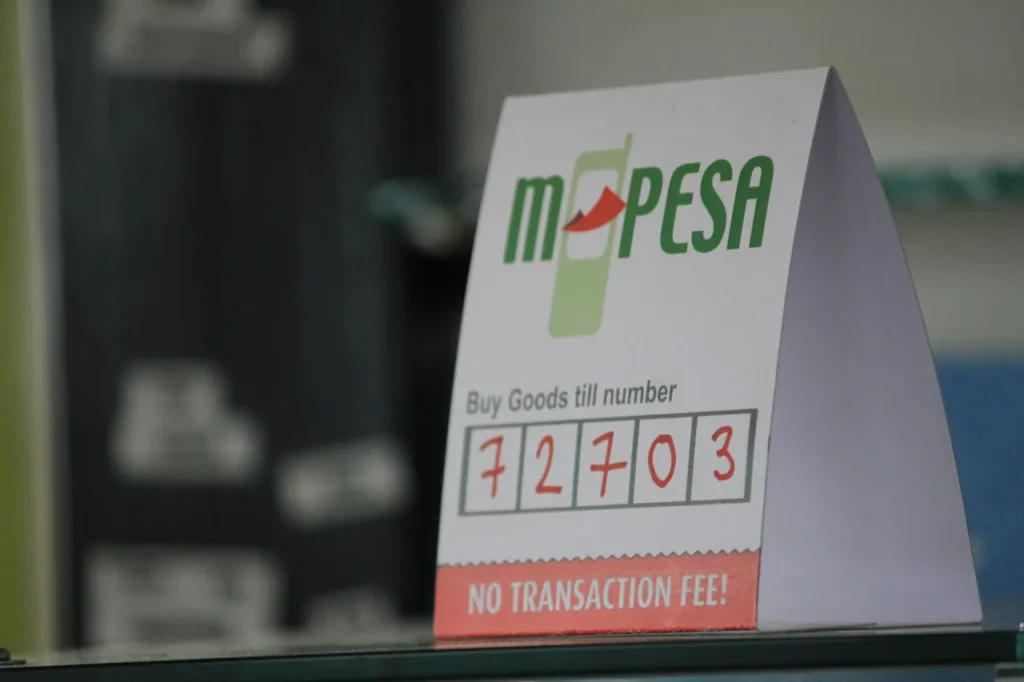In a world increasingly tethered to smartphones, Sub-Saharan Africa is leading a quiet revolution in financial inclusion, powered by mobile money accounts.
The Global Findex Database 2025, released by the World Bank, reveals that 79% of adults worldwide now have a financial account, a 28-percentage-point leap since 2011.
The report, the fifth in a series tracking financial inclusion, introduces the Global Findex Digital Connectivity Index, underscoring the critical interplay between mobile phone ownership, internet use, and financial access.
Drawing on surveys conducted in 2024 across low- and middle-income economies, the findings paint a picture of progress tempered by persistent challenges, particularly for women, the poor, and rural communities.
Africa’s Mobile Money Boom
Sub-Saharan Africa stands out as a global leader in mobile money adoption.
Countries like Kenya, Ghana, and Uganda have seen explosive growth in mobile money accounts, which have become the cornerstone of financial inclusion in the region.

The report notes that these accounts have driven a significant portion of the global increase in account ownership, with Sub-Saharan Africa boasting the highest adoption rates of mobile money worldwide.
The data shows that 82% of account owners in low- and middle-income economies made or received digital payments in 2024, with Sub-Saharan Africa leading the charge.
In Kenya, for instance, mobile money platforms like M-Pesa have become ubiquitous, allowing users to send money to family, pay for groceries, or even access small loans with a few taps on their phones.
Formal saving, too, has surged in the region, with mobile money accounts replacing traditional methods.
In economies like Ghana and Uganda, more than 20% of adults now save formally through these platforms, a shift that experts say is empowering individuals to plan for the future.

Persistent Gaps and Barriers
Despite these gains, the report highlights significant hurdles. In Sub-Saharan Africa, gender and income gaps remain stark.
Women are less likely than men to own mobile phones or financial accounts, with over 300 million women in South Asia and parts of Africa still without phones.
The lack of identification documents, a critical requirement for registering SIM cards and opening mobile money accounts, is a major barrier in the region, with five Sub-Saharan African economies noted for particularly low ID ownership.
Cost is another obstacle. The report identifies the high expense of smartphones and mobile data as a primary reason many adults remain unconnected.
In Sub-Saharan Africa, the cost of mobile data averages 2.4% of monthly income, a significant burden for low-income households. Literacy challenges and limited digital skills further complicate access, particularly for women and rural populations.
Financial health remains a concern as well. The report finds that monthly expenses, medical costs, and school fees are the leading sources of financial stress in Sub-Saharan Africa.
Medical borrowing is notably high, reflecting the region’s limited access to health insurance.

While mobile money accounts offer a lifeline, only 50% of account owners in the region use passwords, raising concerns about digital safety and the need for greater financial literacy.
Natural Disasters and Digital Solutions
Sub-Saharan Africa’s vulnerability to natural disasters adds another layer of urgency to the push for digital financial services.
The report notes that poorer and rural adults in the region face higher exposure to floods, droughts, and other crises.
Mobile connectivity and digital accounts have proven vital in these contexts, enabling rapid delivery of emergency funds.
For instance, in high-exposure economies, adults with mobile money accounts are better equipped to access resources post-disaster, though gaps in coverage persist.
Policy Implications and the Path Forward
The Global Findex 2025 emphasizes that expanding smartphone ownership and affordable data access could further accelerate financial inclusion in Sub-Saharan Africa.
Governments and financial providers are urged to address barriers like ID access and high costs while investing in digital literacy programs to empower users, particularly women and rural communities.
The report also calls for stronger digital safety measures. With only half of mobile money account owners in Sub-Saharan Africa using passwords, the risk of fraud and financial loss is significant.
Initiatives to promote responsible digital use, such as two-factor authentication and financial education, could bolster trust in these systems.
The Global Findex Database 2025 is available at http://globalfindex.worldbank.org.
This article was summarised and edited with AI and was reviewed by human editors





